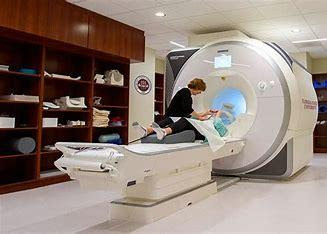
Artificial intelligence (AI) reading human thoughts might soon be a reality with the efforts of researchers who conducted a study at the Biomedical Imaging Centre at the University of Texas, Austin, Texas, USA. Here scientists have developed a technology that makes it possible to turn thoughts into text, wherein they trained AI to read people’s brain scans and recreate a whole story only from their brainwaves. Participants were made to sit in an fMRI machine and there they were asked to listen, watch or imagine a story while sitting in the machine. The AI was able to read the brainwaves and accurately predict and recreate what the story was which was thought of by the participant either by listening, watching or imagining.
As per the scientists the results had an accuracy of up to 82%. The USP of this technology is that it is a non-invasive method and a real leap forward compared to the earlier works which have been done in this context till now. Uptil now AI has only been able to predict typically single words or short sentences. So, this innovation is surely a jump which could one day help people who have lost the ability to communicate. The study has been published in the peer-review journal Nature Neuroscience.
The AI did not reproduce the story word for word though, instead it picked up on the concepts being triggered in the minds of the participants’ and produced an approximation. Some participants were made to see a video with no sound. In these cases, their AI decoder was able to capture the essence of the video from participants’ thoughts. It was also noticed that the machine could be easily fooled. For instance, when a participant was hearing a story and scientists asked them to think about another story, to think about animal names or to count, the decoder’s accuracy dropped. Thus, it made mistakes too. So, the negative point of this technology is that, it can only be done in a laboratory as it needs the MRI machine. But the scientists hope that this method could become more portable in the future with more compact technology.

